The following videos, from the National Film Board and other publishers, focus on residential schools and other topics related to reconciliation and decolonization. They are available to watch directly online with your RRU username and password.
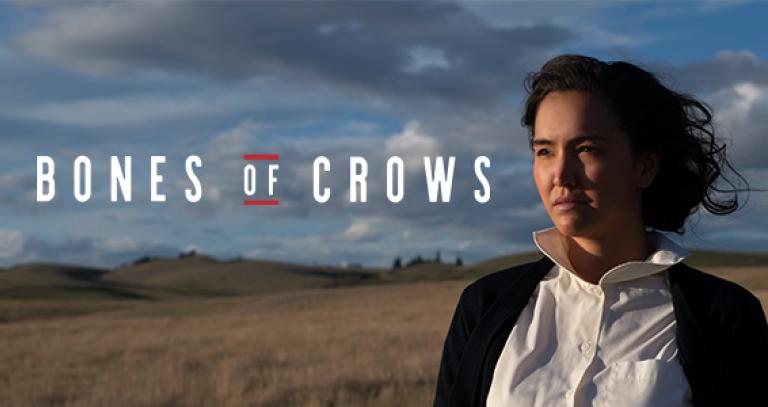
Bones of Crows is a psychological drama told through the eyes of Cree Matriarch Aline Spears, as she survives Canada's residential school system to continue her family's generational fight in the face of systemic starvation, racism, and sexual abuse. Bones of Crows unfolds over one hundred years with a cumulative force that propels us into the future.
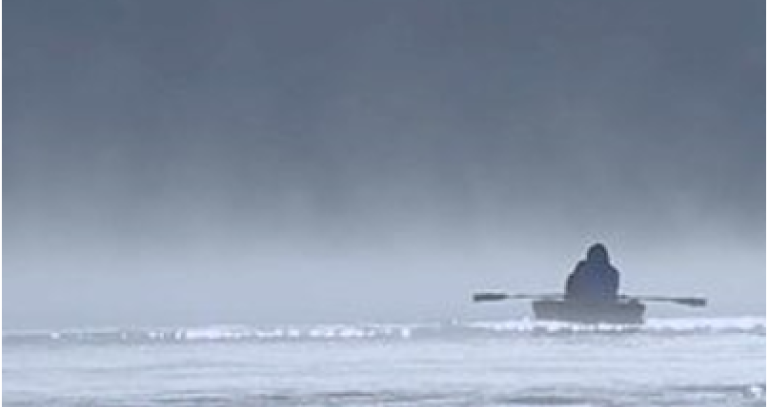
Arnaquq-Baril, A. (Director). National Film Board of Canada.
In her award-winning documentary, director Alethea Arnaquq-Baril joins a new tech-savvy generation of Inuit as they campaign to challenge long-established perceptions of seal hunting. Armed with social media and their own sense of humour and justice, this group is bringing its own voice into the conversation and presenting themselves to the world as a modern people in dire need of a sustainable economy. 82 mins.
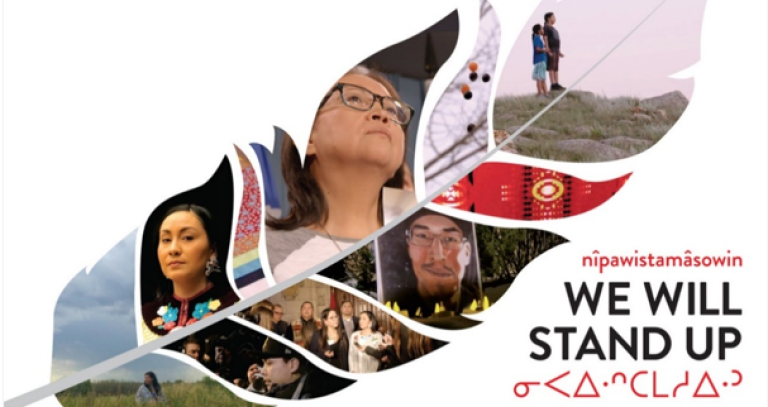
Nîpawistamâsowin: We Will Stand Up. (2019). [Documentary film.]
Hubbard, T. (Director). National Film Board of Canada.
On August 9, 2016, a young Cree man named Colten Boushie died from a gunshot to the back of his head after entering Gerald Stanley’s rural property with his friends. The jury’s subsequent acquittal of Stanley captured international attention, raising questions about racism embedded within Canada’s legal system and propelling Colten’s family to national and international stages in their pursuit of justice. Sensitively directed by Tasha Hubbard, Nîpawistamâsowin: We Will Stand Up weaves a profound narrative encompassing the filmmaker’s own adoption, the stark history of colonialism on the Prairies, and a vision of a future where Indigenous children can live safely on their homelands. 52 mins.
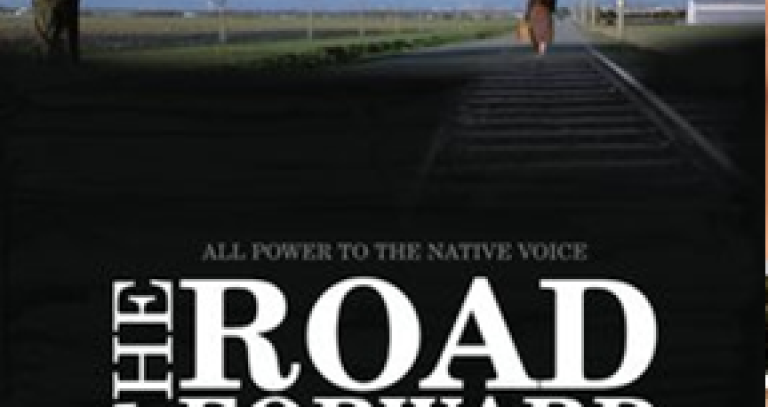
The Road Forward. (2017). [Documentary film.]
Clements, M. (Director). National Film Board of Canada.
The Road Forward, a musical documentary by Marie Clements, connects a pivotal moment in Canada’s civil rights history—the beginnings of Indian Nationalism in the 1930s—with the powerful momentum of First Nations activism today. 1h 41mins.
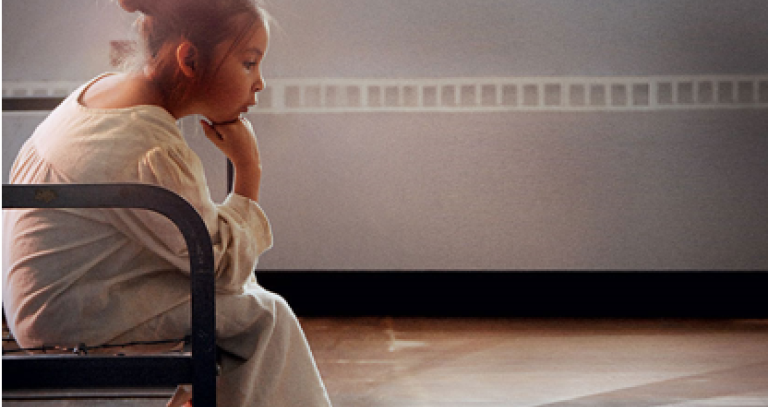
Holy Angels (2017) [Short film].
Villeneuve, J.C. (Director). National Film Board of Canada
In 1963, Lena Wandering Spirit became one of the more than 150,000 Indigenous children who were removed from their families and sent to residential school. Jay Cardinal Villeneuve’s short documentary Holy Angels powerfully recaptures Canada’s colonialist history through impressionistic images and the fragmented language of a child. Villeneuve met Lena through his work as a videographer with the Truth and Reconciliation Commission. Filmed with a fierce determination to not only uncover history but move past it, Holy Angels speaks of the resilience of a people who have found ways of healing—and of coming home again. 13 mins.
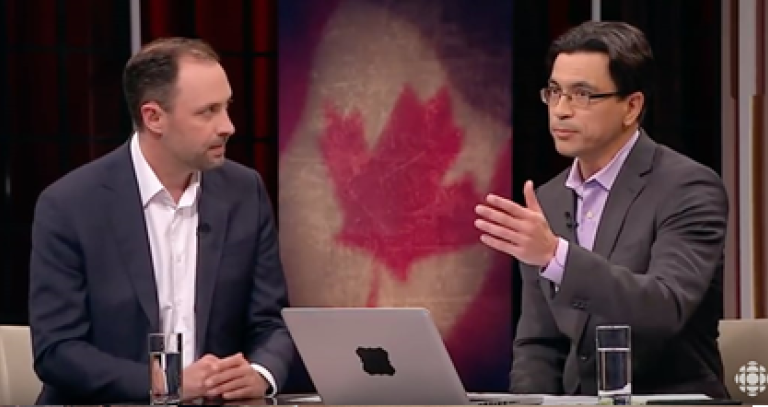
Treaties, reconciliation and Indigenous history. (2017). [Panel]
McCue, D. (Host). Canadian Broadcasting Company.
How well do Canadians know Indigenous history? What role did treaties play in forming our country? Are the stories told through truth and reconciliation changing our understanding of Canadian history? Moderated by award-winning journalist Duncan McCue, host of Cross Country Checkup on CBC Radio, the panel includes Ry Moran, National Centre for Truth and Reconciliation; Cynthia Wesley-Eskuimaux, Lakehead University; and Eldon Yellowhorn, Simon Fraser University. 54 mins.
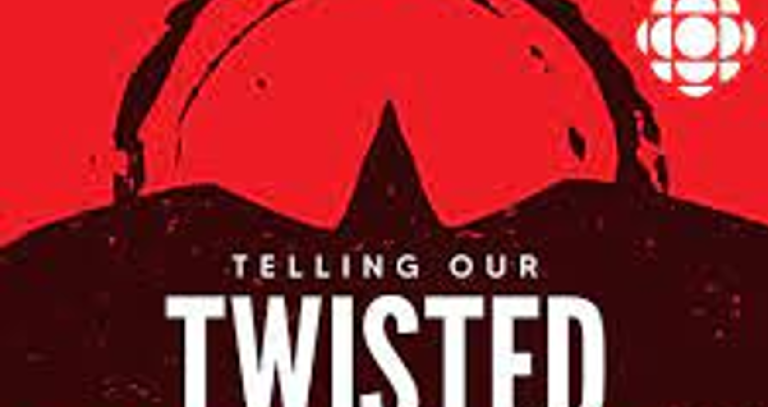
Telling Our Twisted Histories. (2021). [Audio podcast].
Horn, K. (Host). CBC.
Words connect us. Words hurt us. Indigenous histories have been twisted by centuries of colonization. Host Kaniehti:io Horn brings us together to decolonize our minds– one word, one concept, one story at a time.

Residential Schools: Truth & Reconciliation in Canada. (2015). [Film].
McIntyre Media Inc.
Interweaving archival footage with poignant interviews, this video, accompanying resource material and bonus material gives students, teachers and administrators an overview of the history and subsequent impact of residential schools in Canada - a timeline of events and crucial moments. It is the story of our first people. It is the story of their struggle to live in Canada. And it is a somewhat modern-day story. Many of these people still live among us today. This program will help viewers begin to understand part of that story. 47 mins.
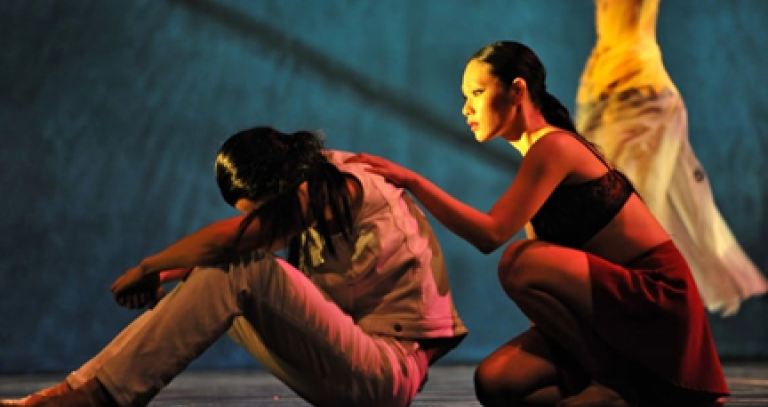
Truth, Dance and Reconciliation (2013). [Film].
Hager, B.T. (Writer & Director). Aarrow Productions.
This documentary explores the one-year artistic gestation of the ballet through footage recorded at dance rehearsals, creative team gatherings, Aboriginal cultural retreats, and on opening night in Winnipeg. Interviews with creative team members and dancers reveal the apprehension they felt while creating and presenting a ballet about this dark side of Canadian history. Powerfully interwoven with the story of the ballet's creation is the story of one former student and her experiences at a residential school. Fifty years later, her story intersects with the stories of the ballet's creators when she attends a performance of Going Home Star. It’s a story of truth, dance and reconciliation. The moving piece was commissioned with the support of the Truth and Reconciliation Commission.
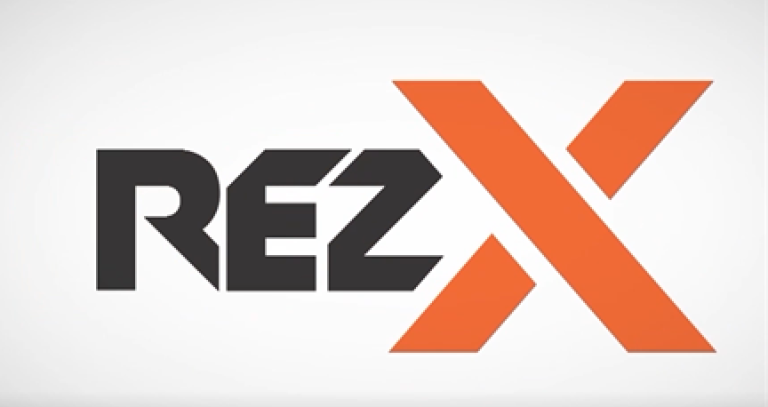
RezX TV: Truth and Reconciliation. (2017). [TV series episode].
Ross, C. T. In C.T. Ross, Rez/IndigenX, RezX TV.
RezX TV is an Indigenous lifestyle show produced by RezX entrepreneur Chris Ross from the Red Earth Cree Nation in SK. In this episode, Dr. Shauneen Pete, singer/songwriter and storyeller Joe Naytowhow, filmmakers Cowboy Smithx and filmmaker Trudy Stewart discuss their thoughts on Truth & Reconciliation, survival and resiliency. 29 mins.
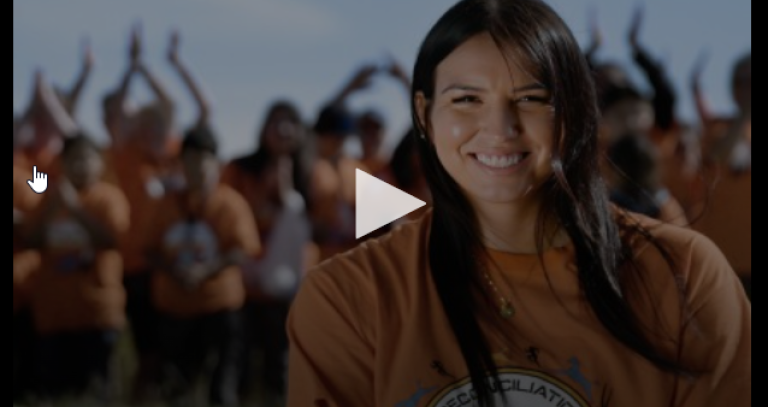
Tréchelle Bunn - Movement is Medicine: Warrior Up! Series
Tréchelle Bunn is a 22 year old University of Manitoba hockey player whose life motto is “movement is medicine.” Normally that medicine takes the form of hockey practices and games, but the 200 unmarked graves found at Kamloops Residential School in 2021 pushed Trechelle, who is Dakota, to think of other ways that movement could help heal her home community. She organized Canada’s first-ever Reconciliation Run. We follow the runners and Trechelle on the symbolic 21km run back to the community. The run turns out to be an emotional one for many of the participants, some of whom have their own deeply personal connections to that residential school.
Warrior Up! is a 13 part documentary series that follows inspiring Indigenous youth making positive change in their communities!